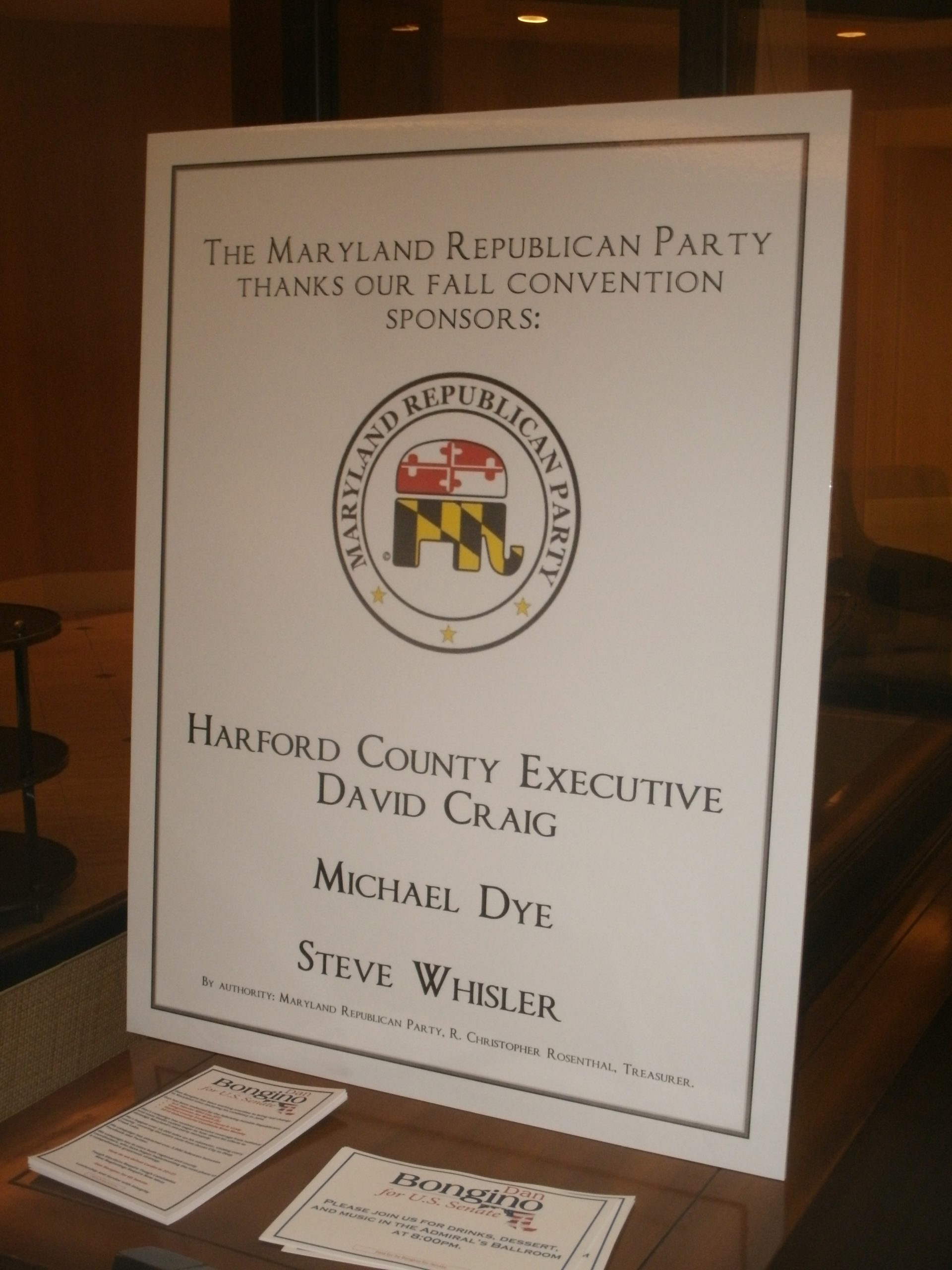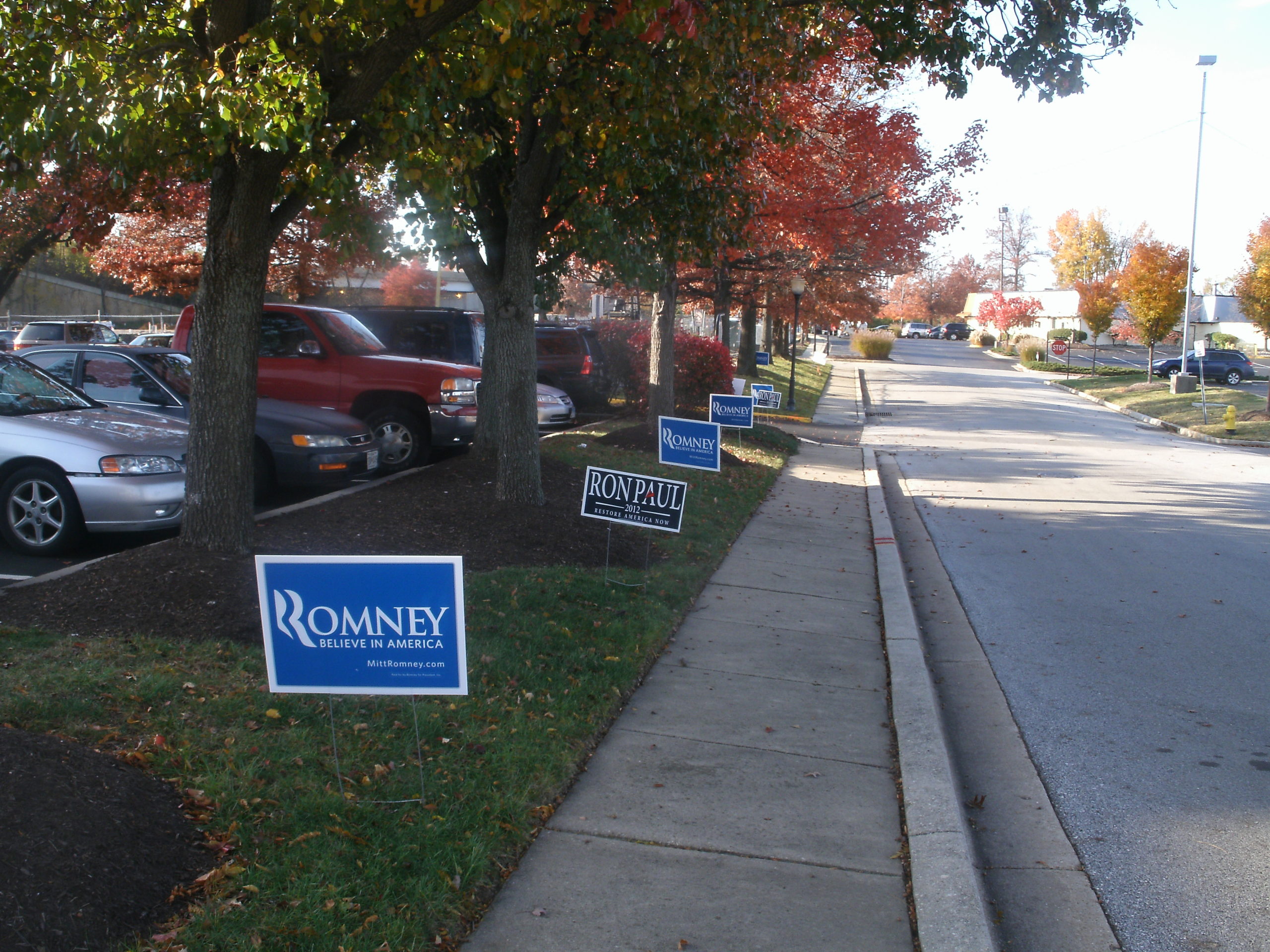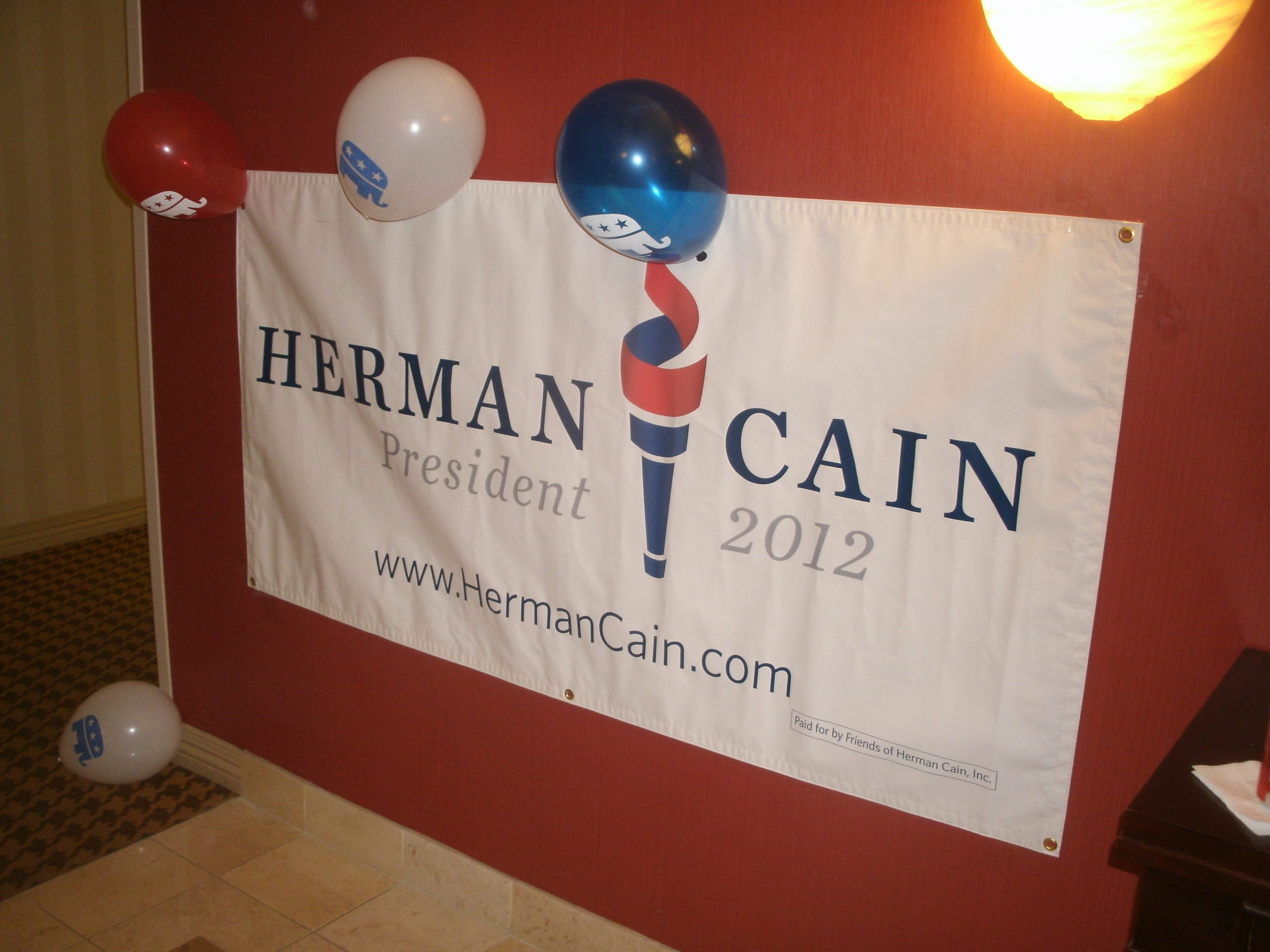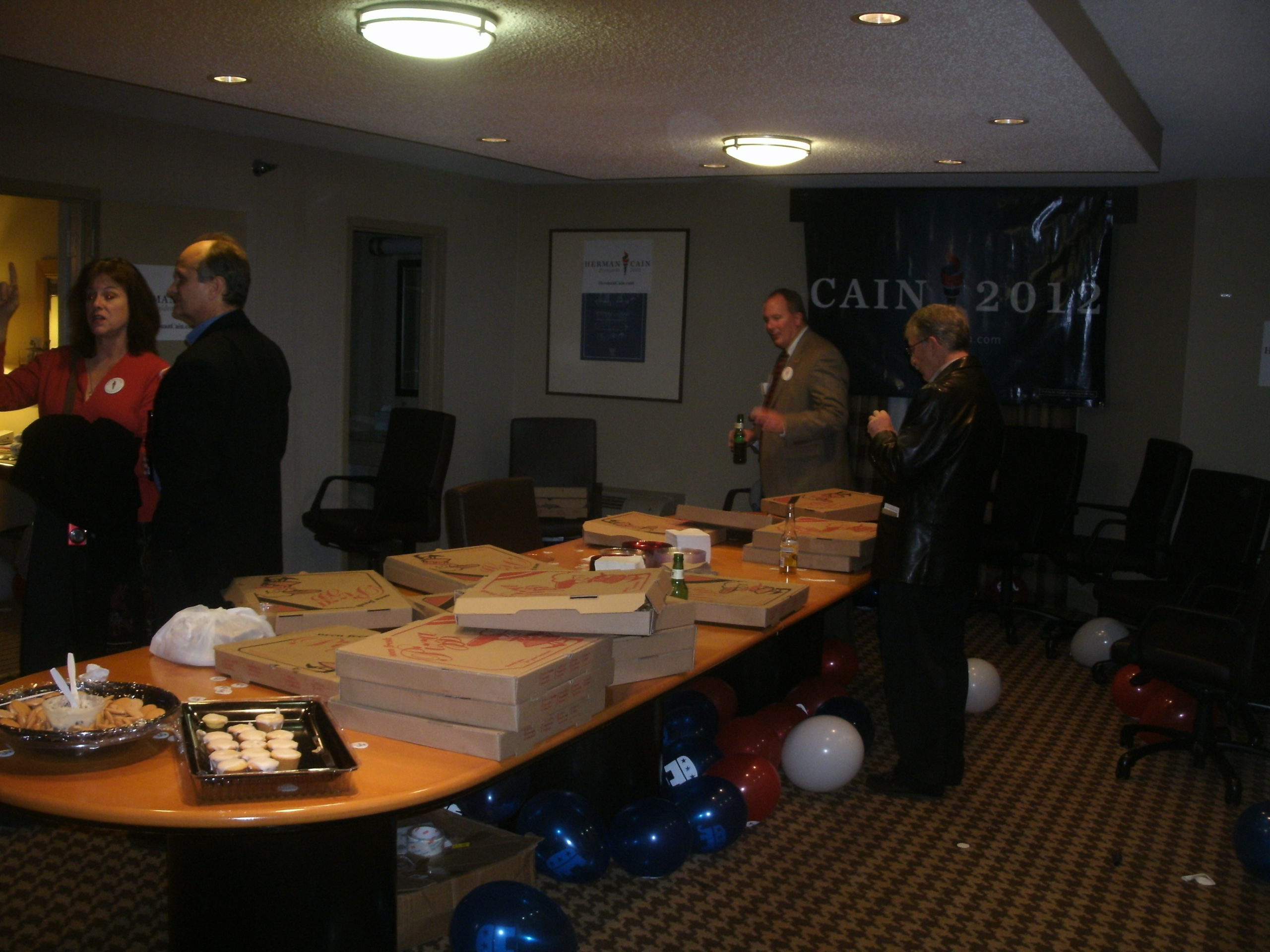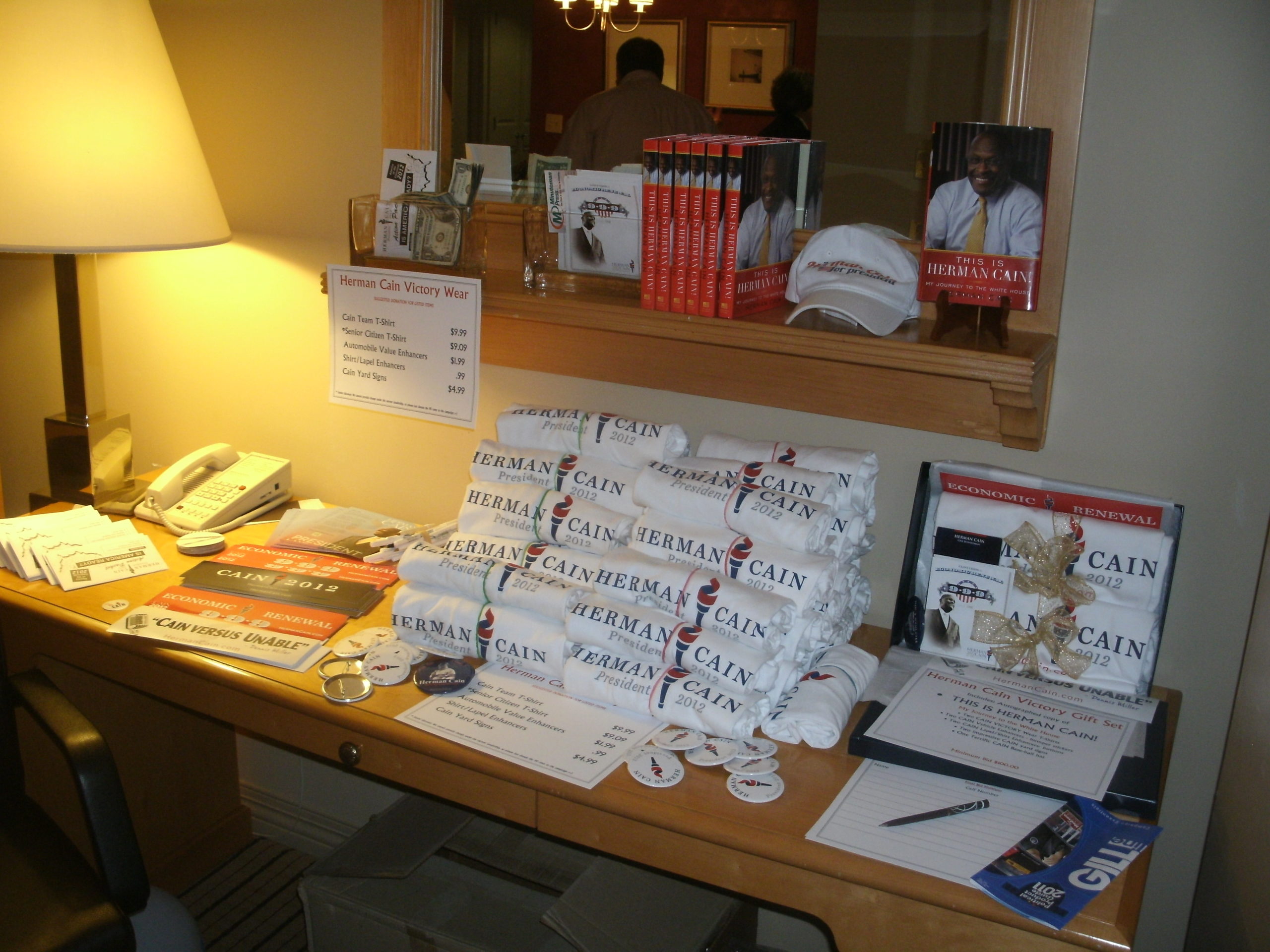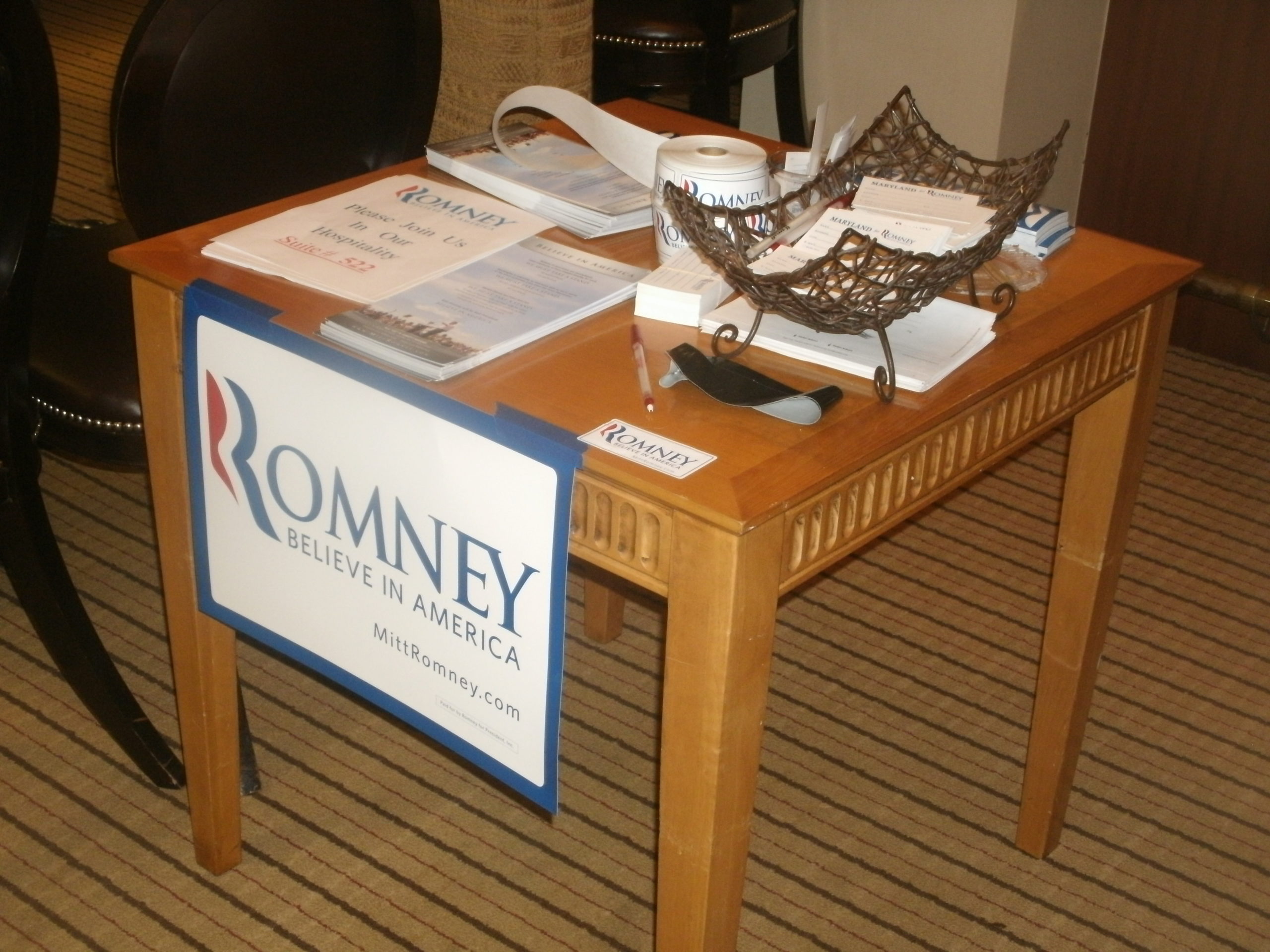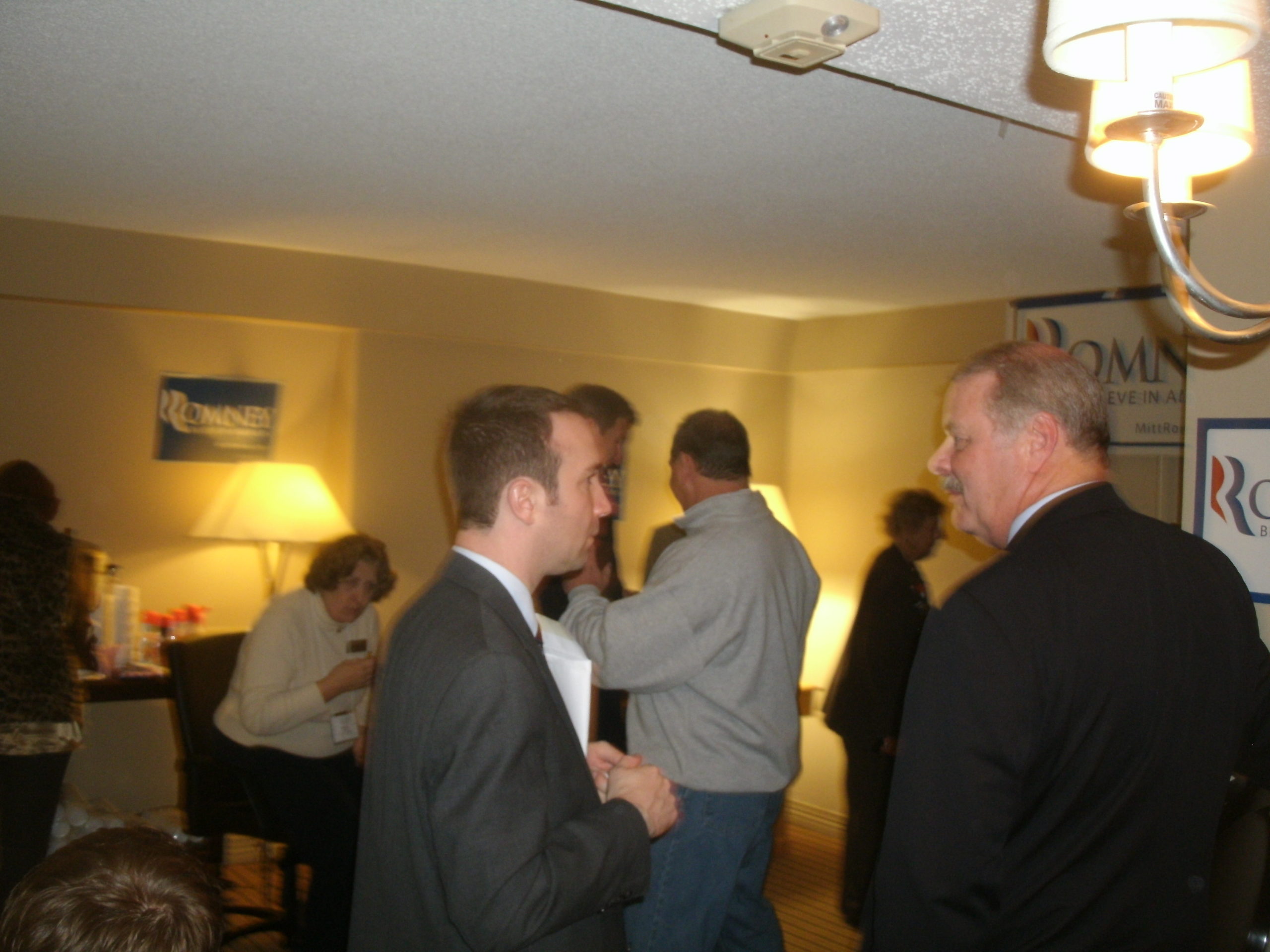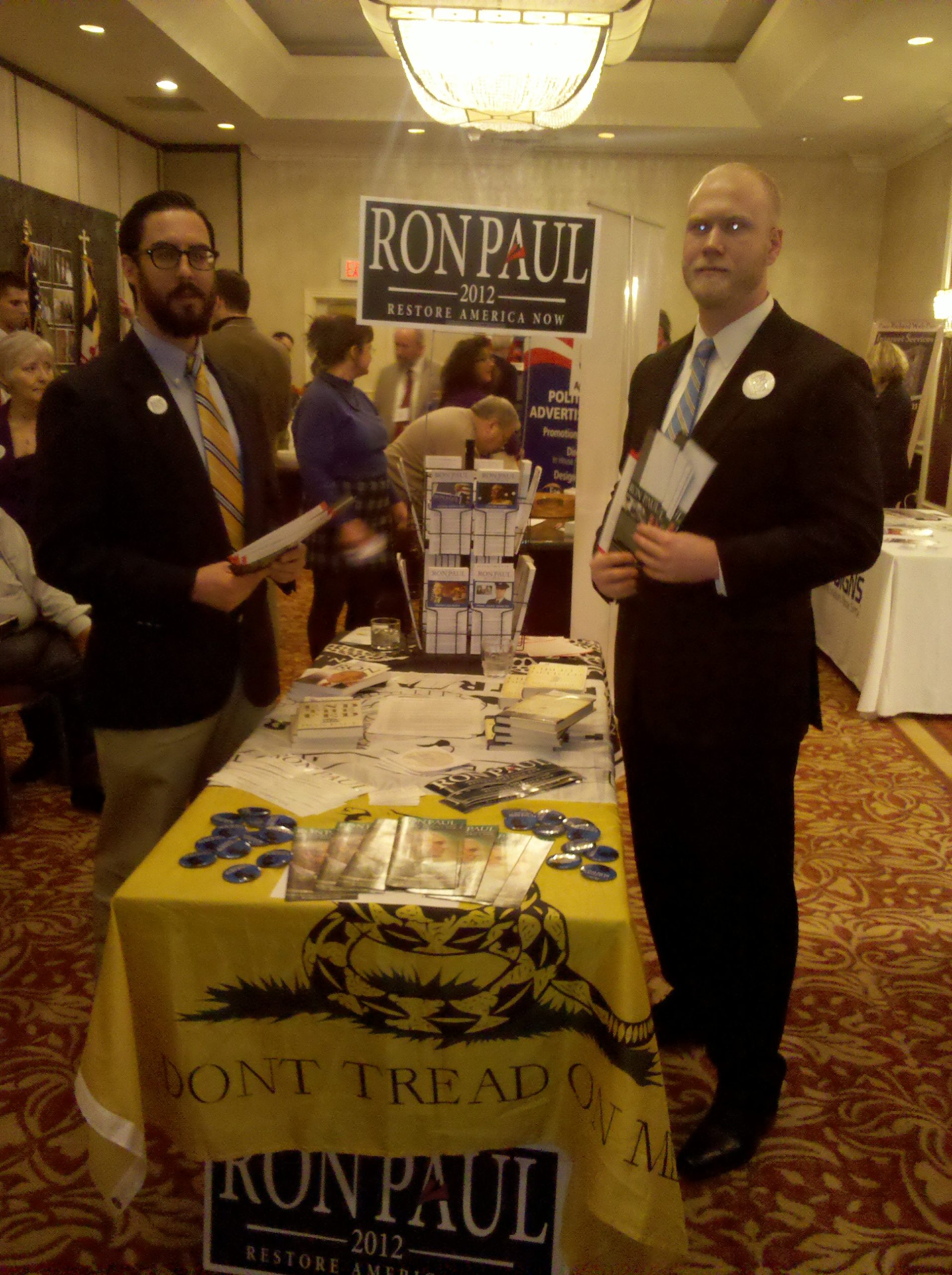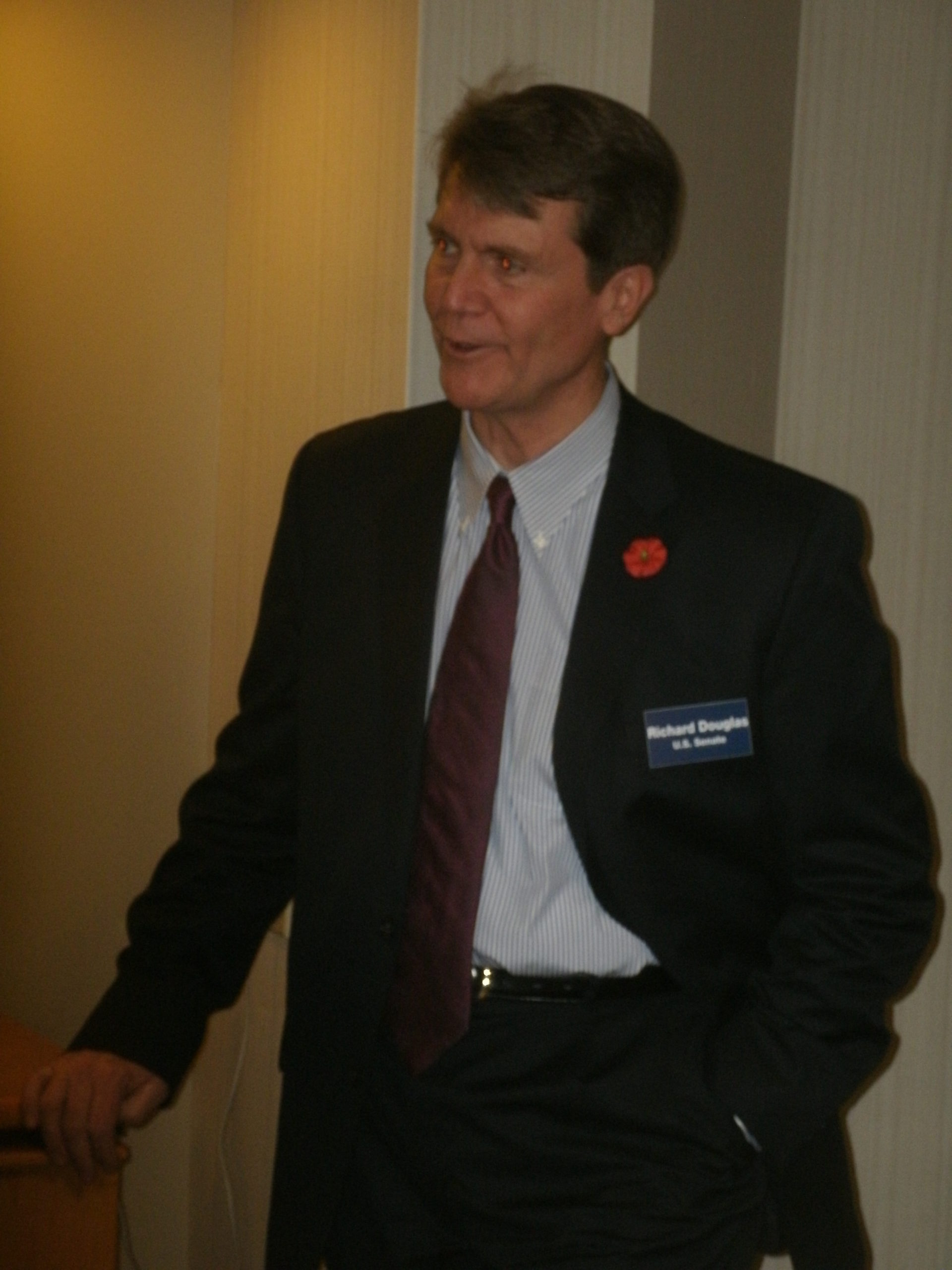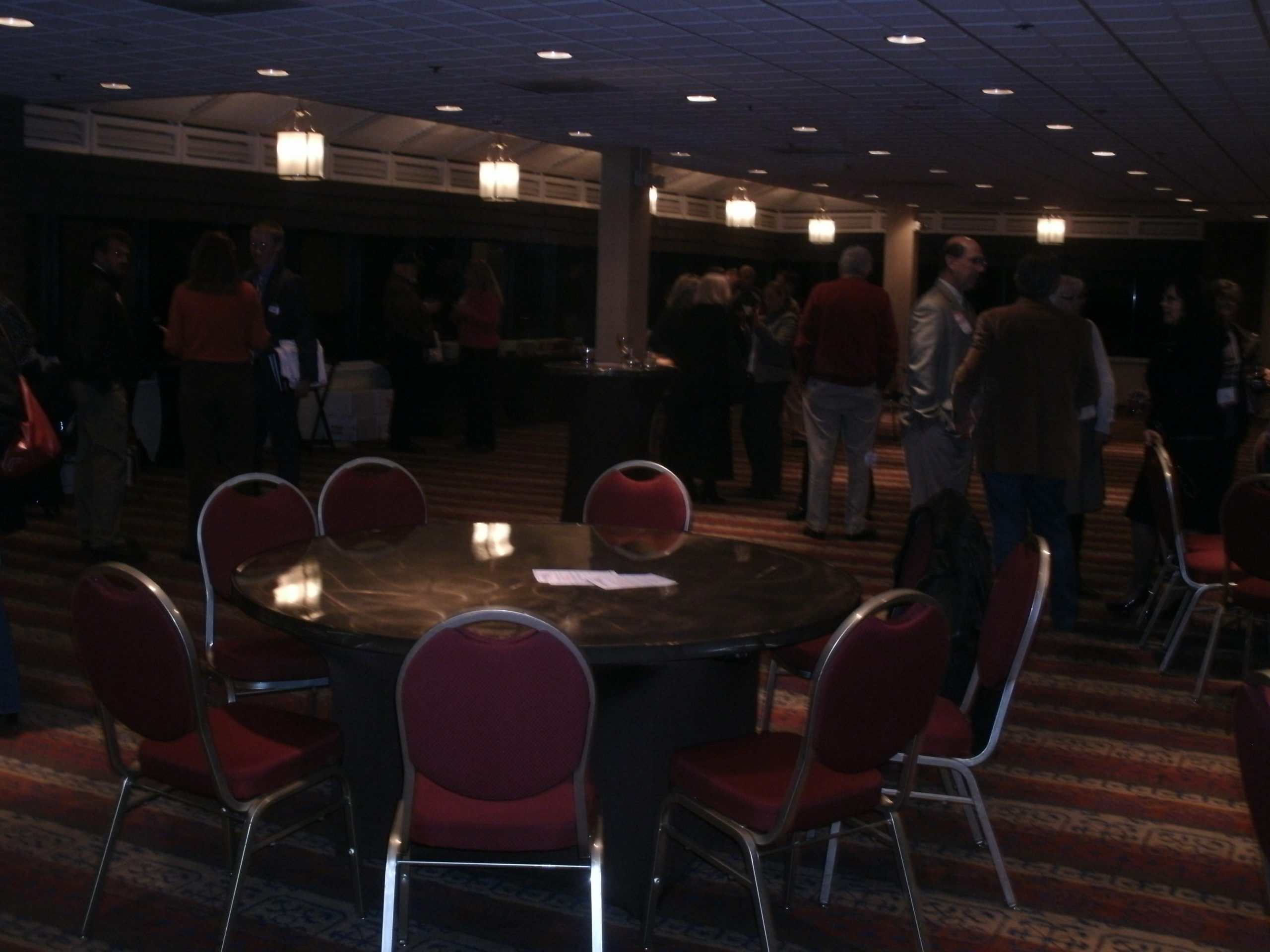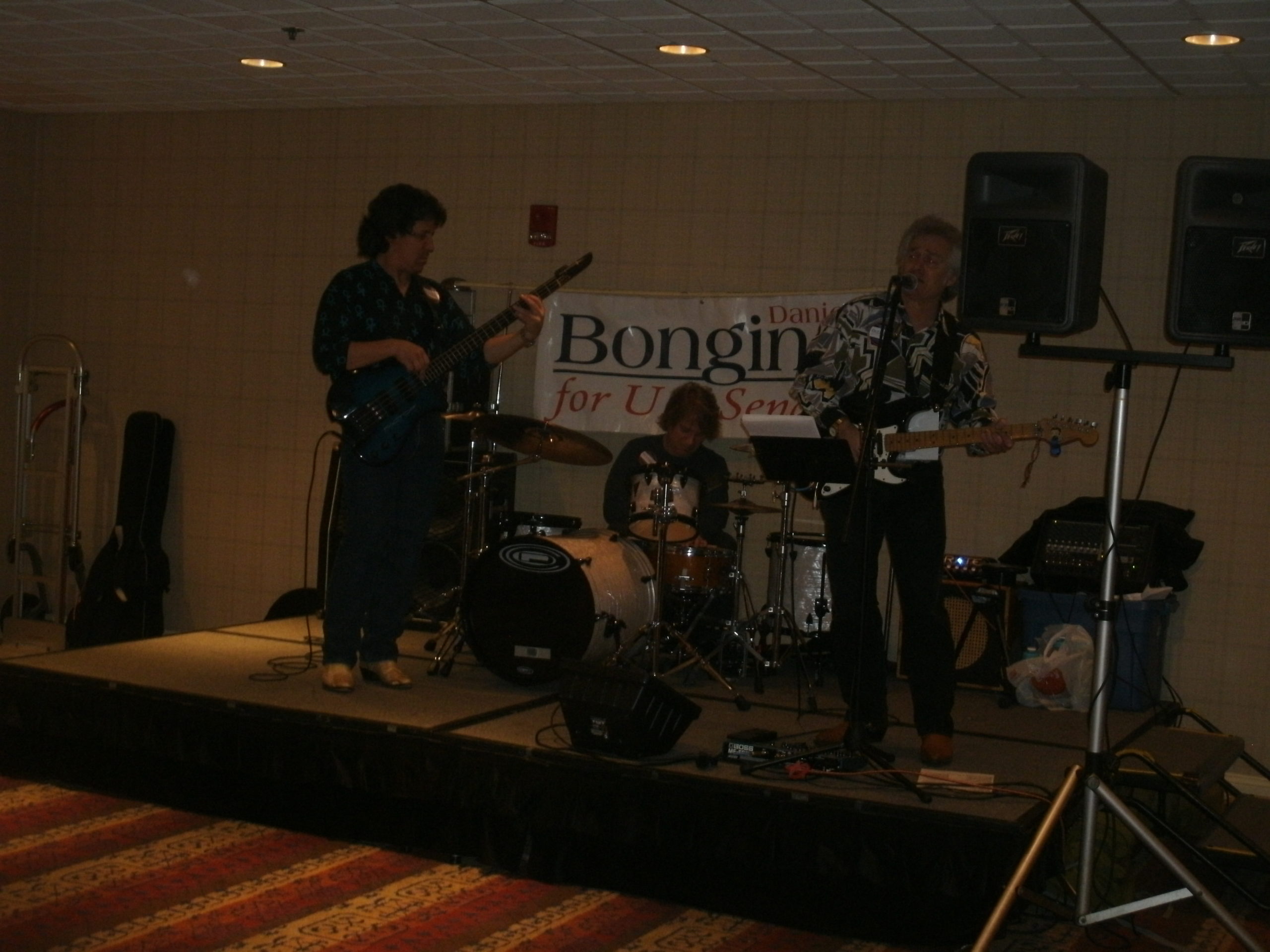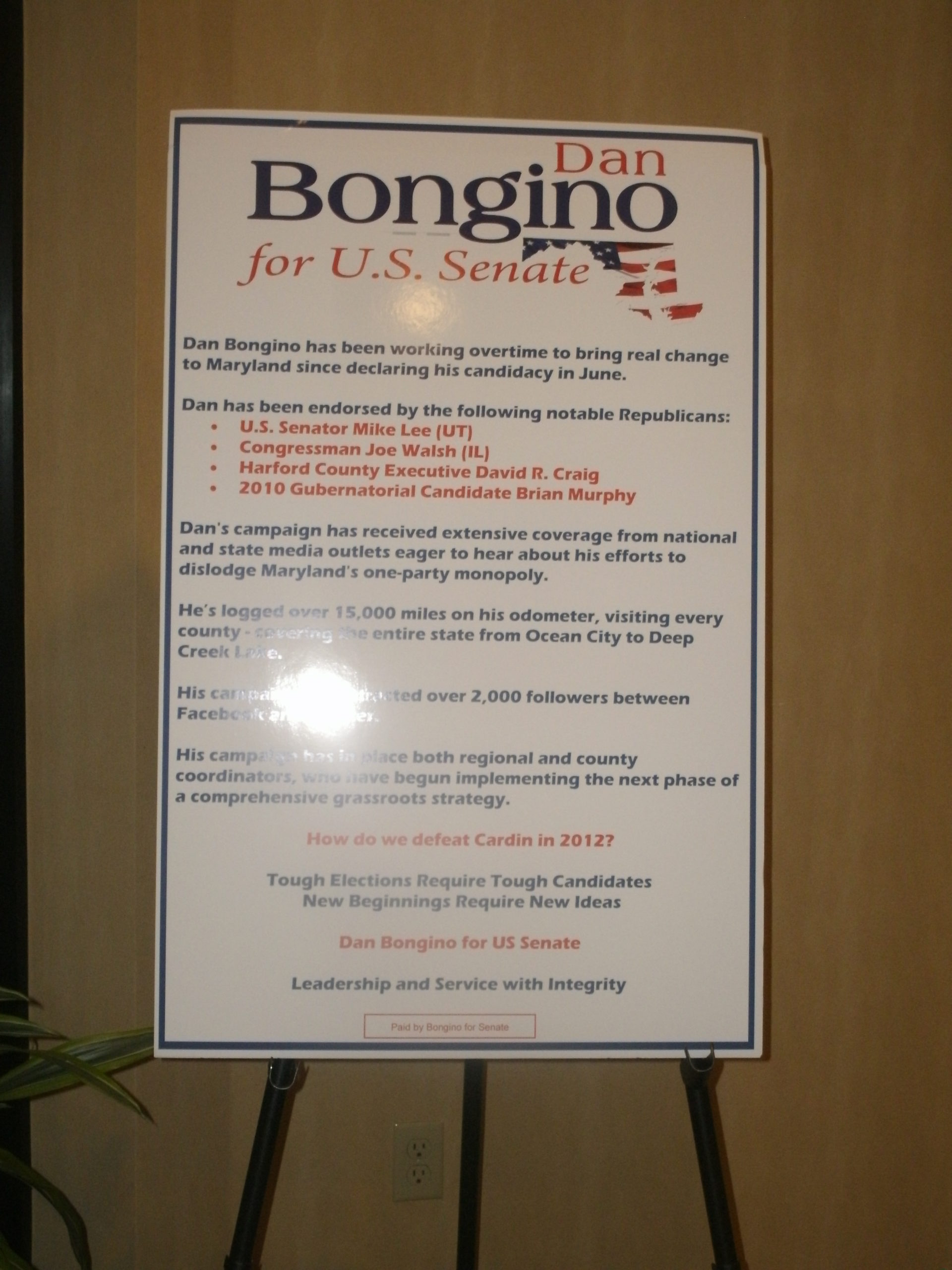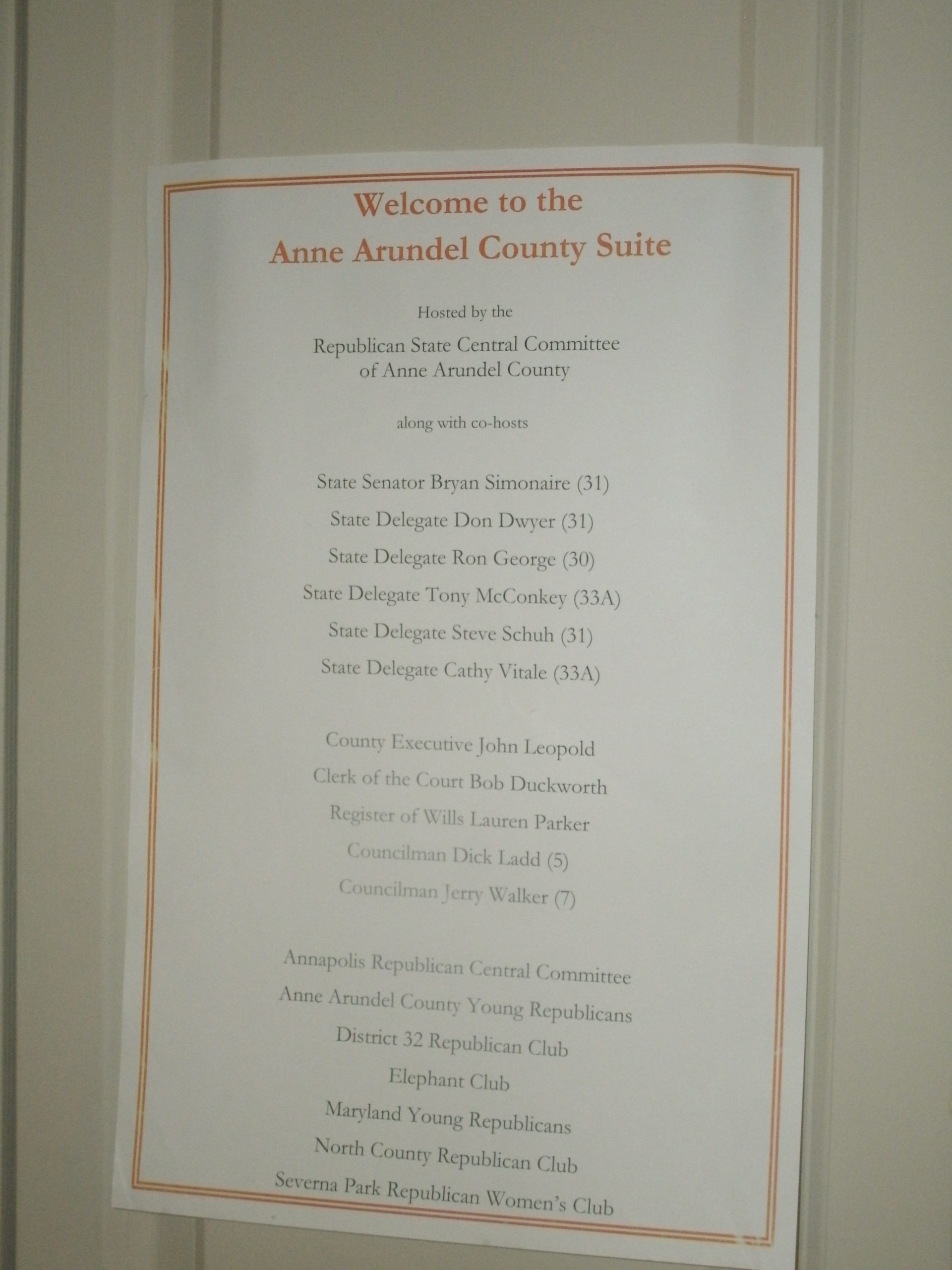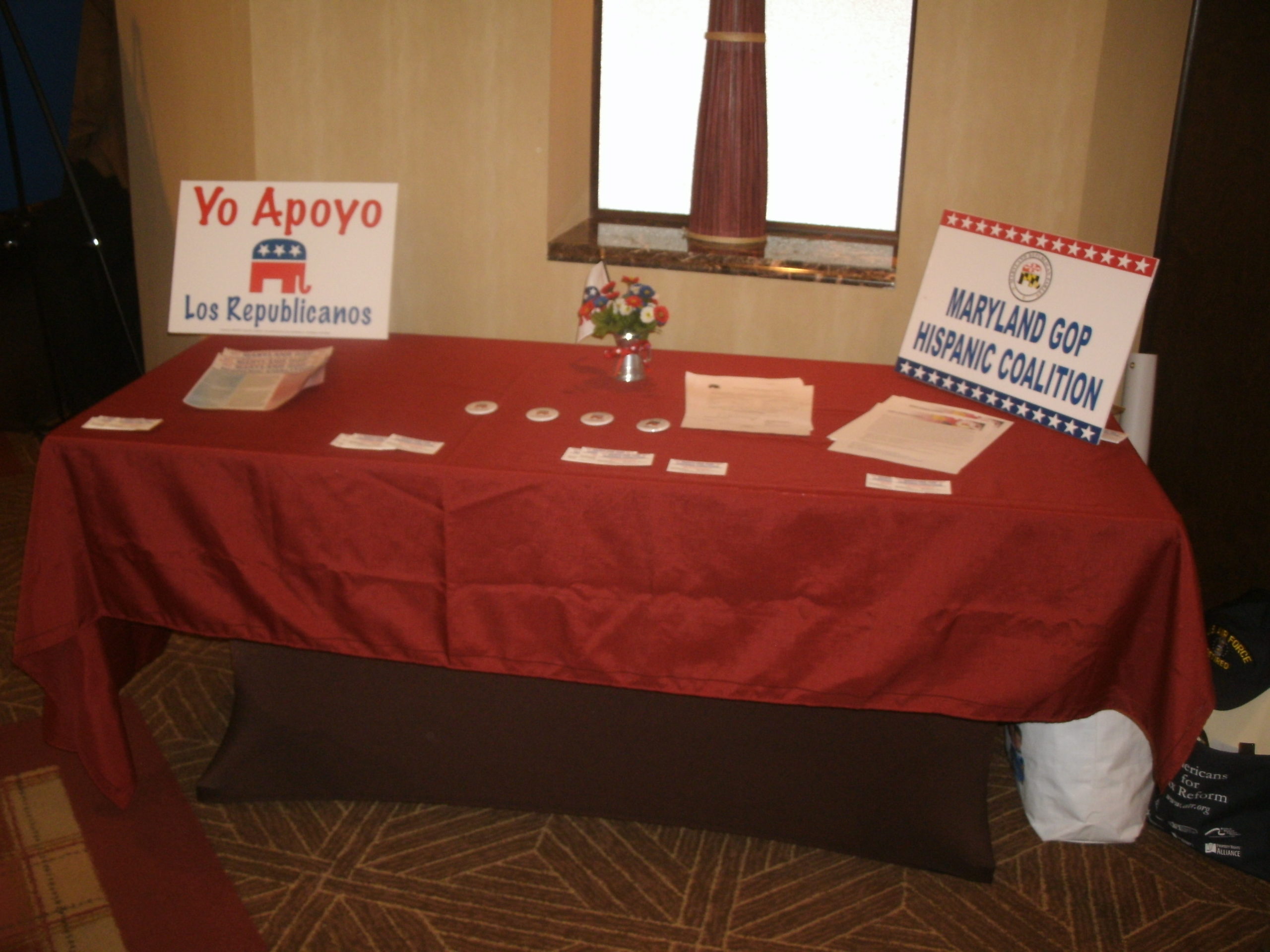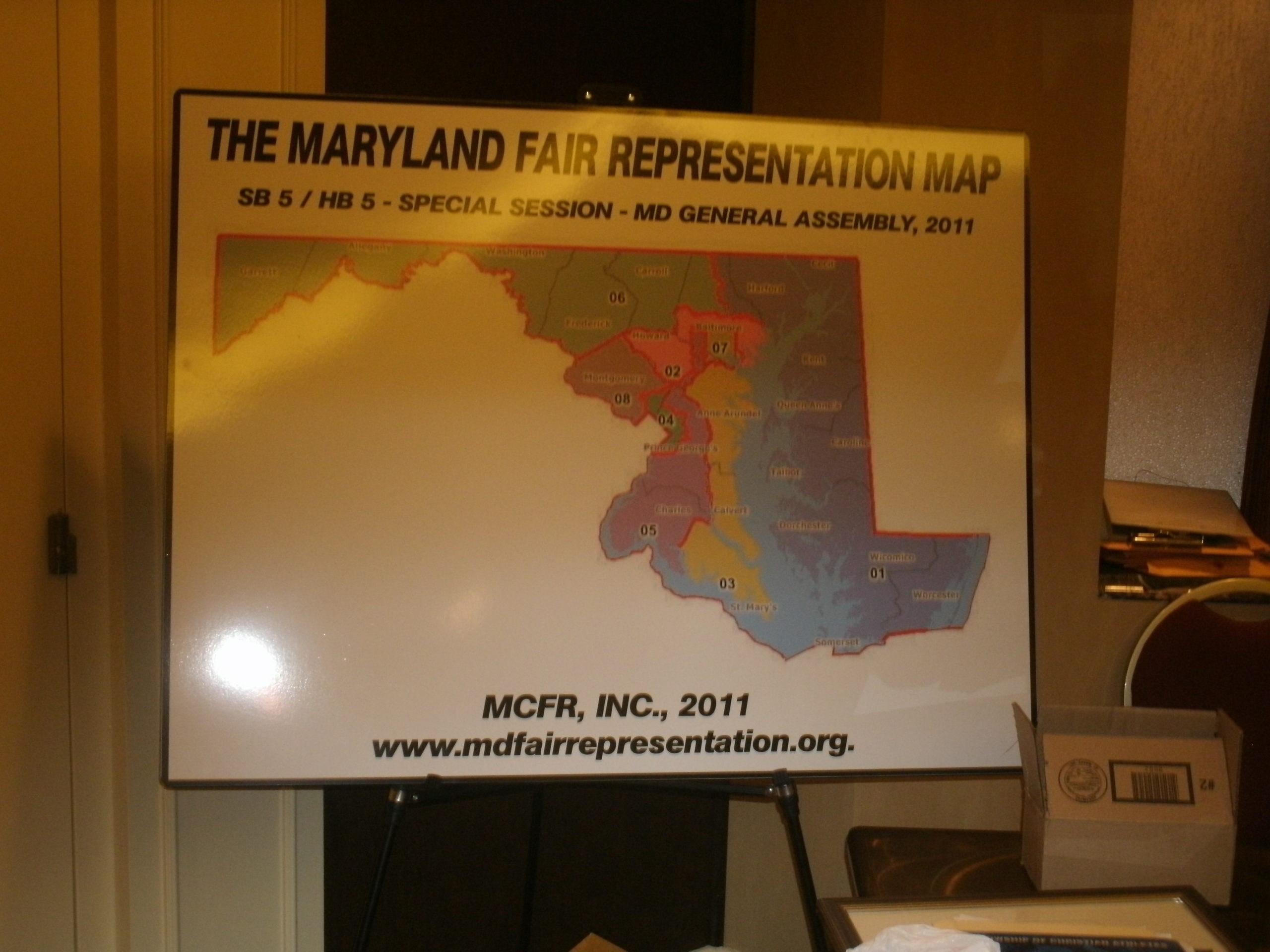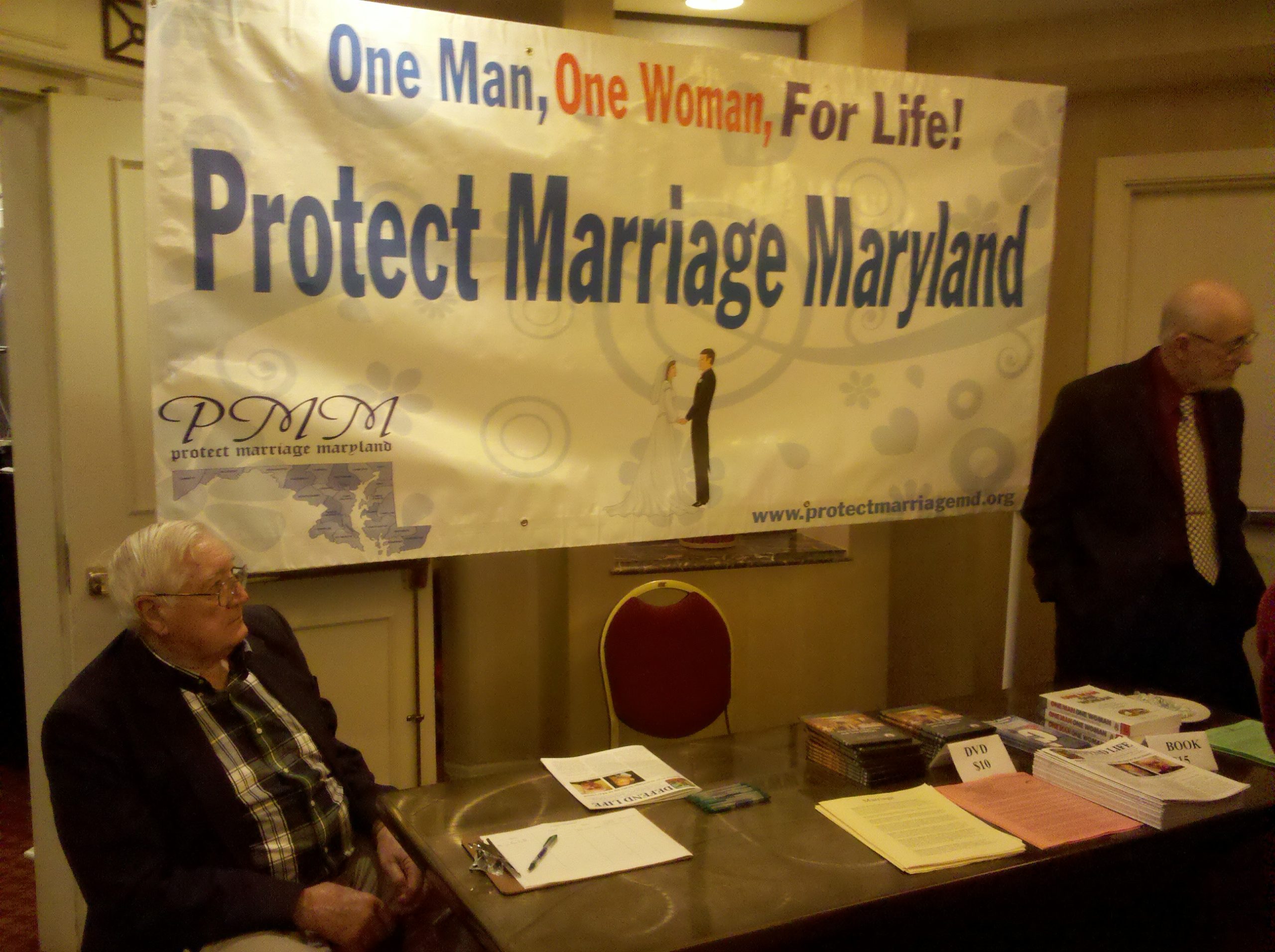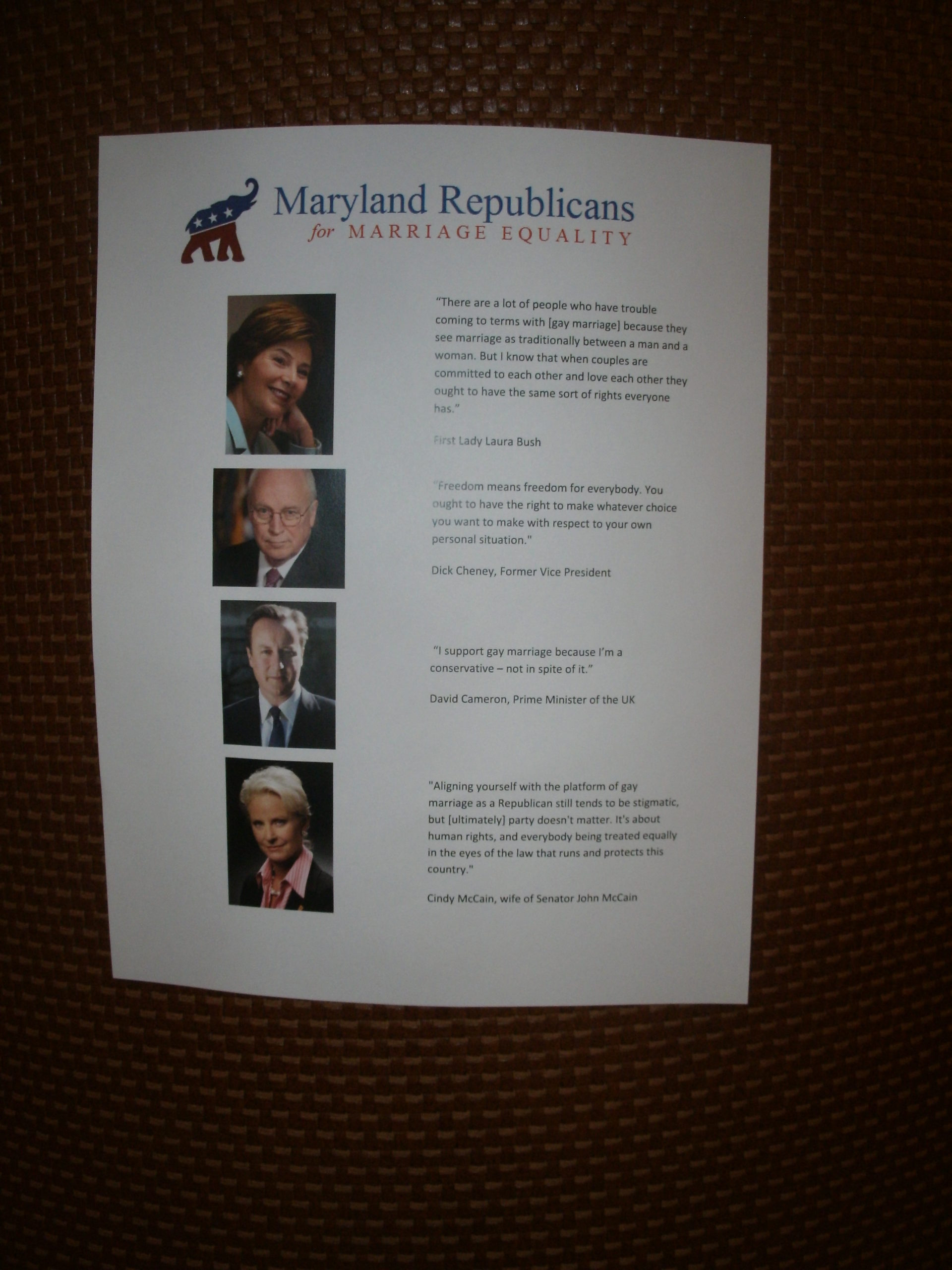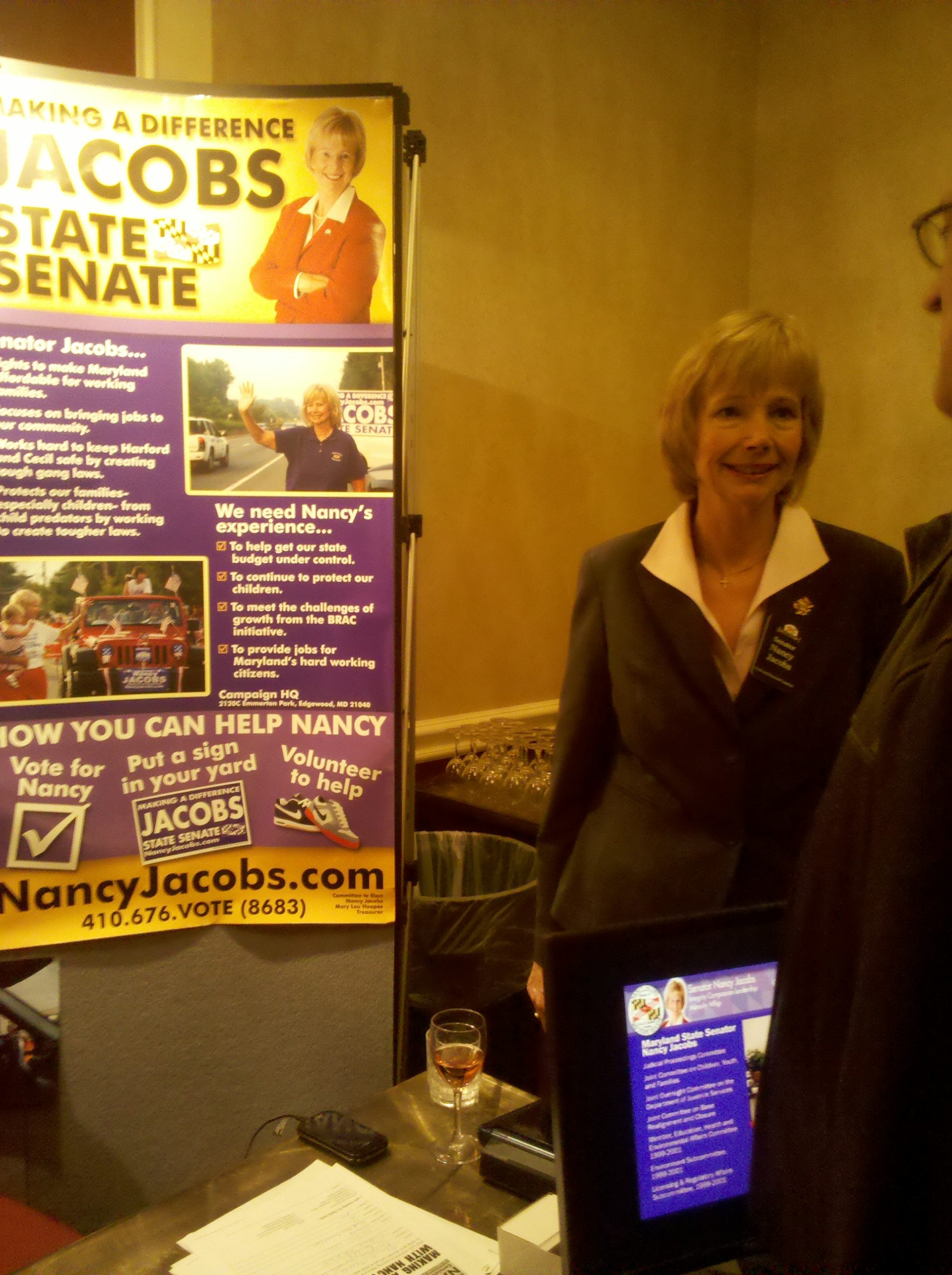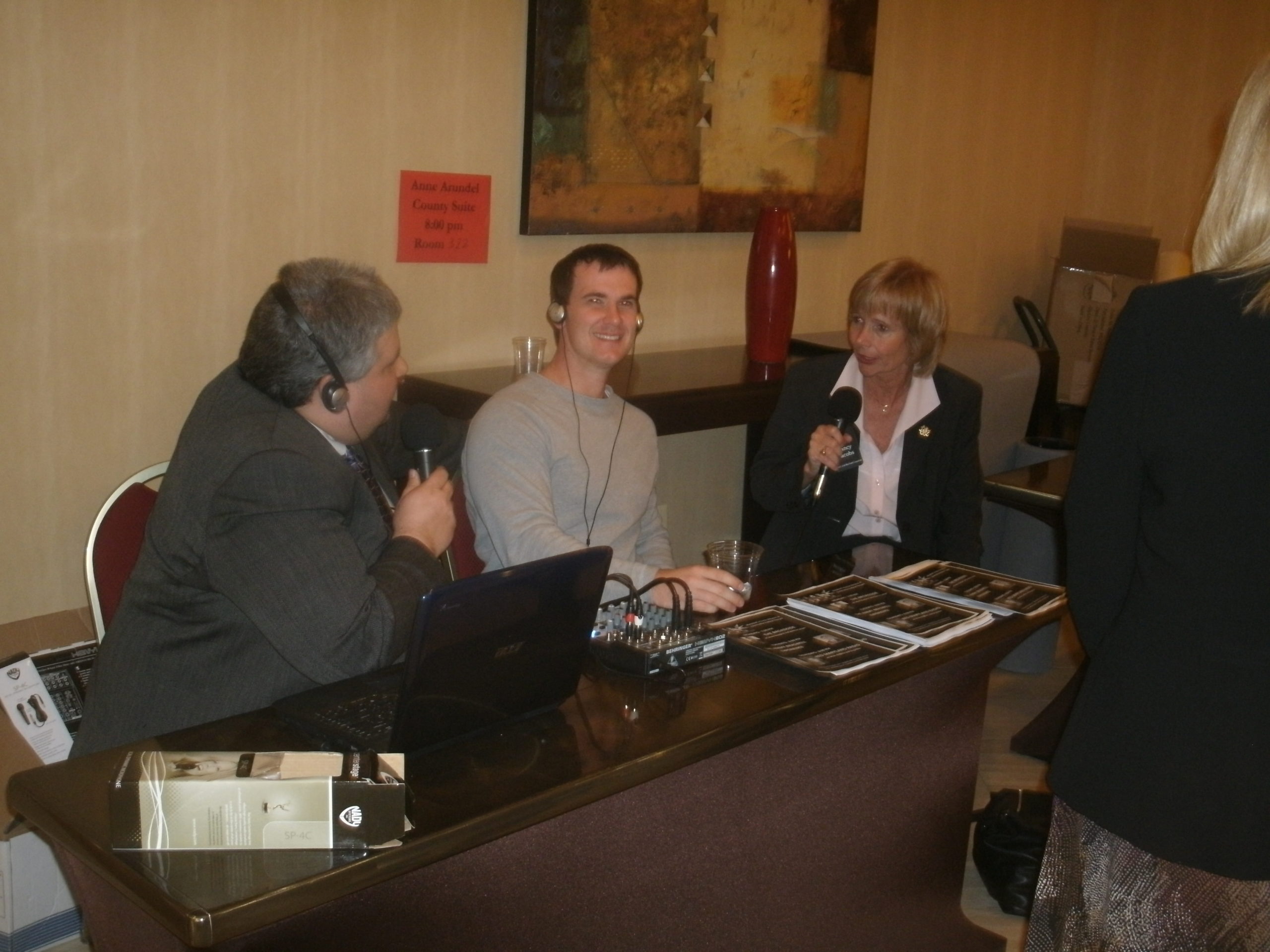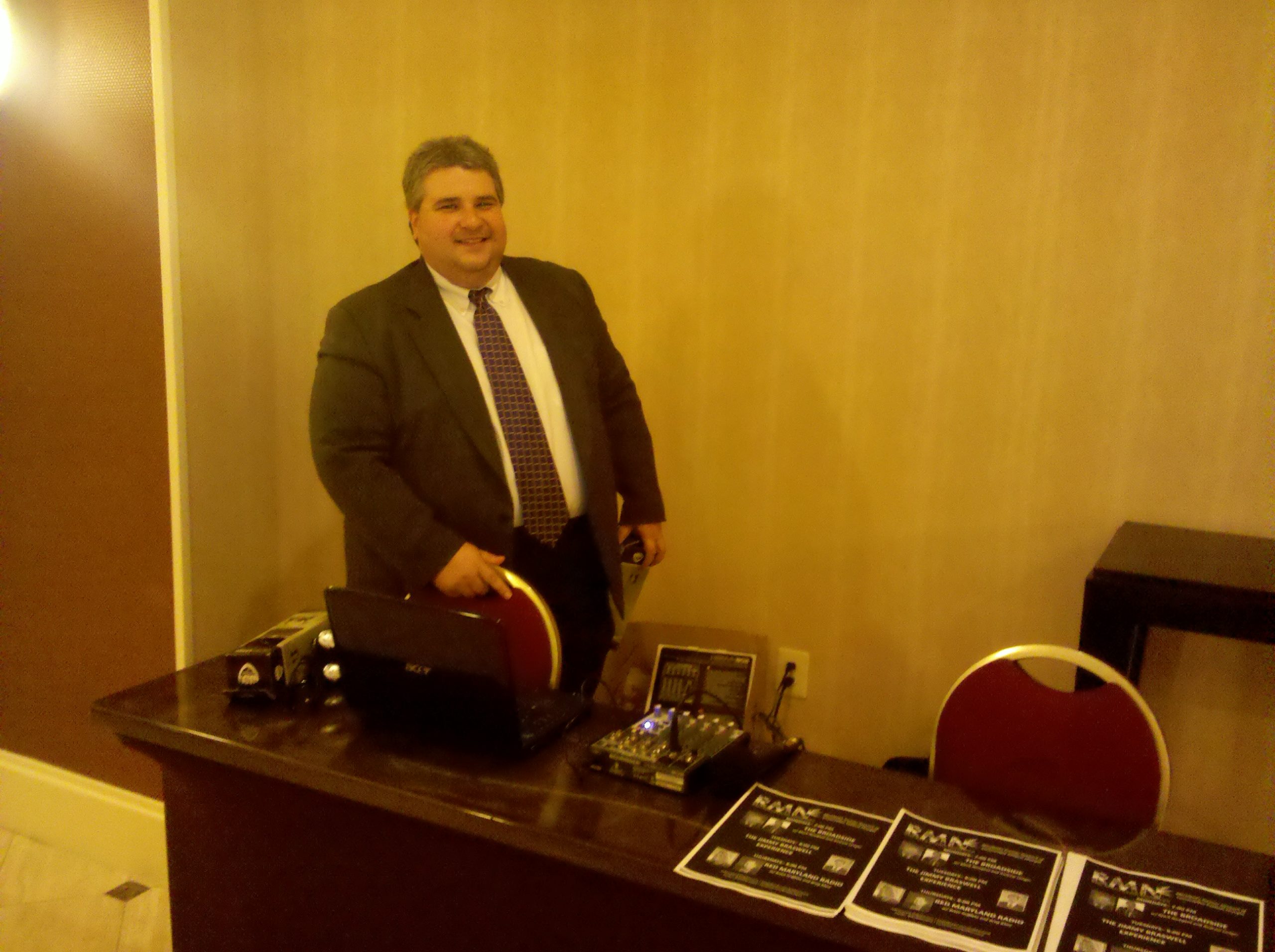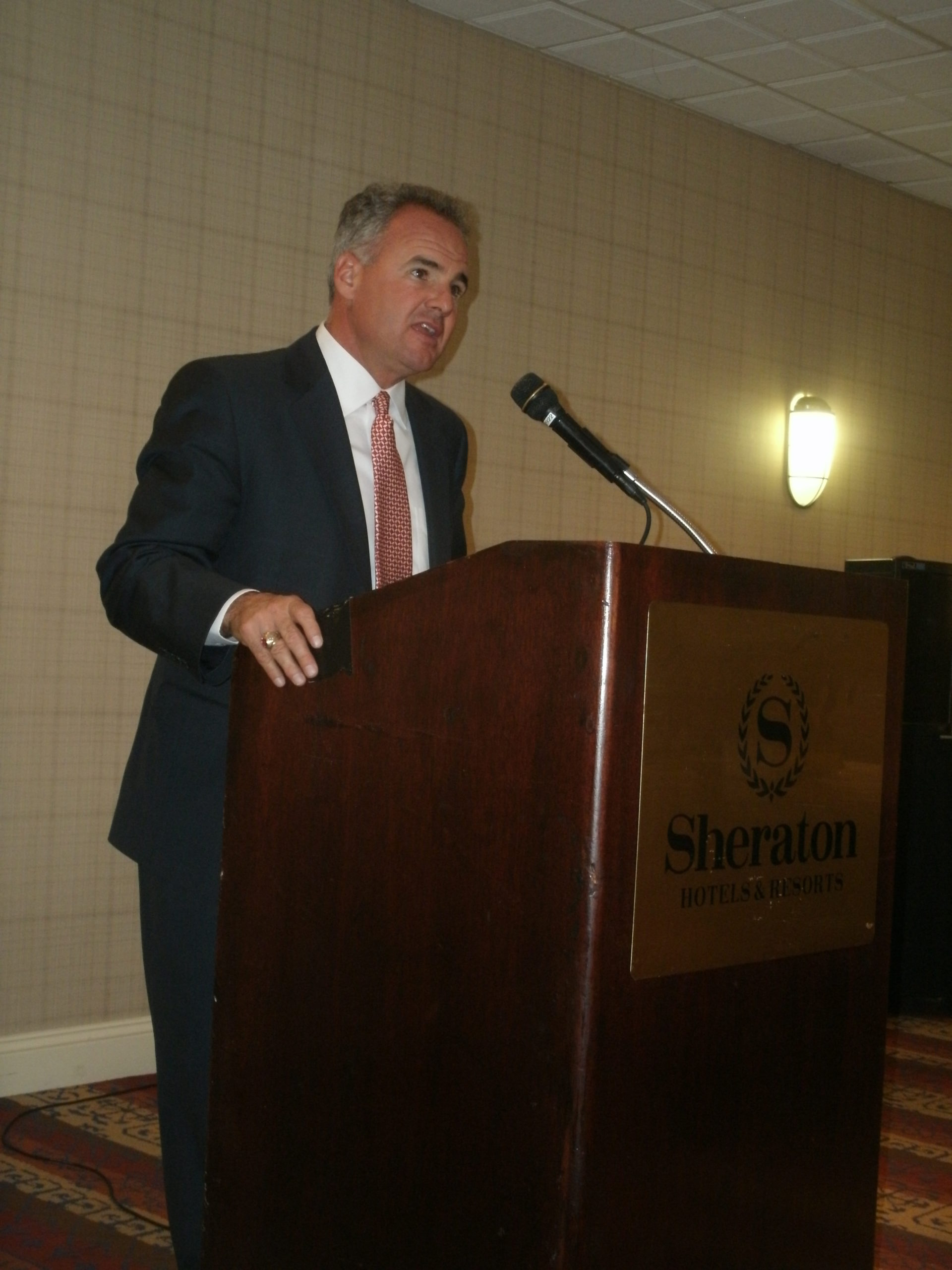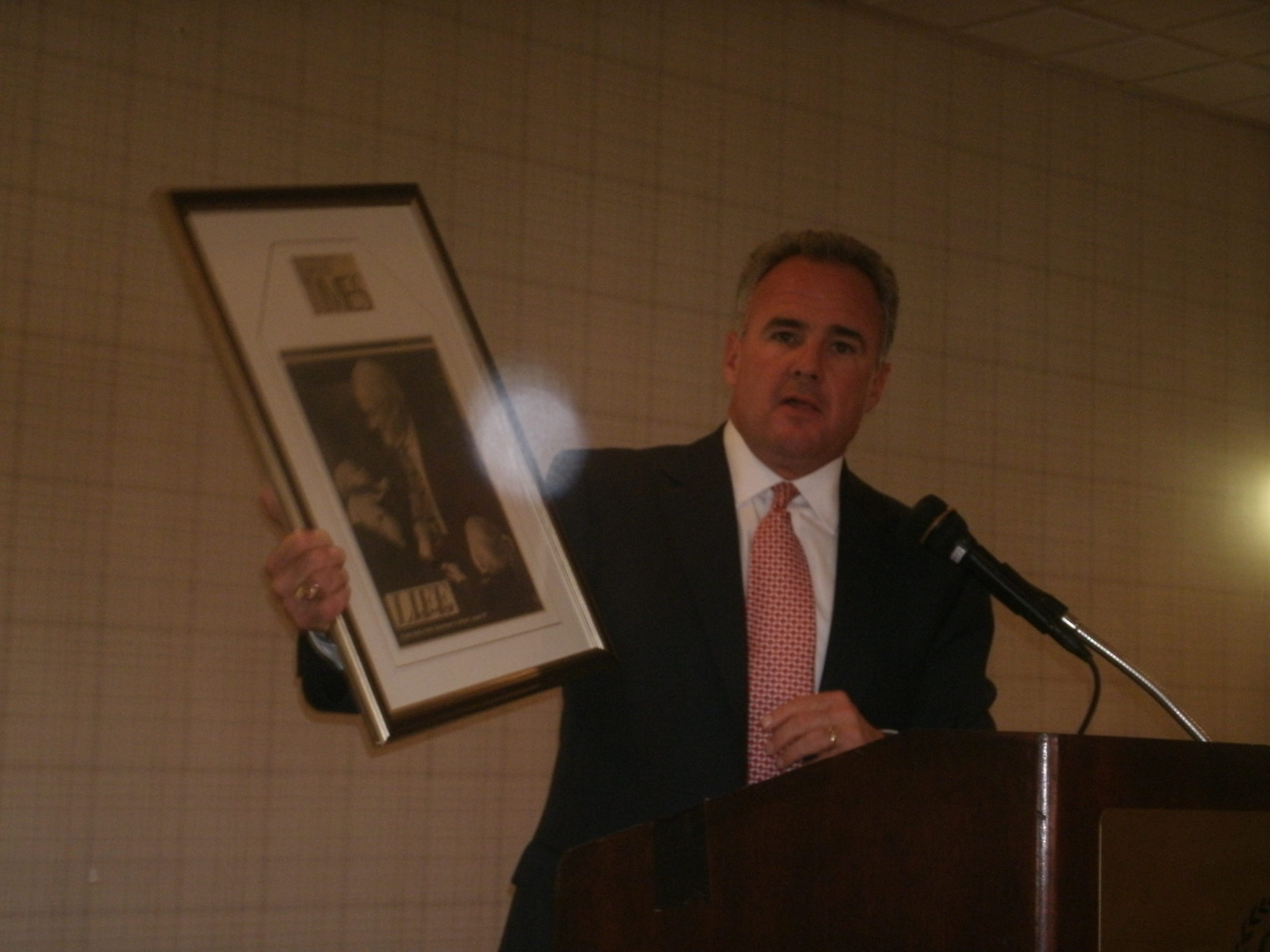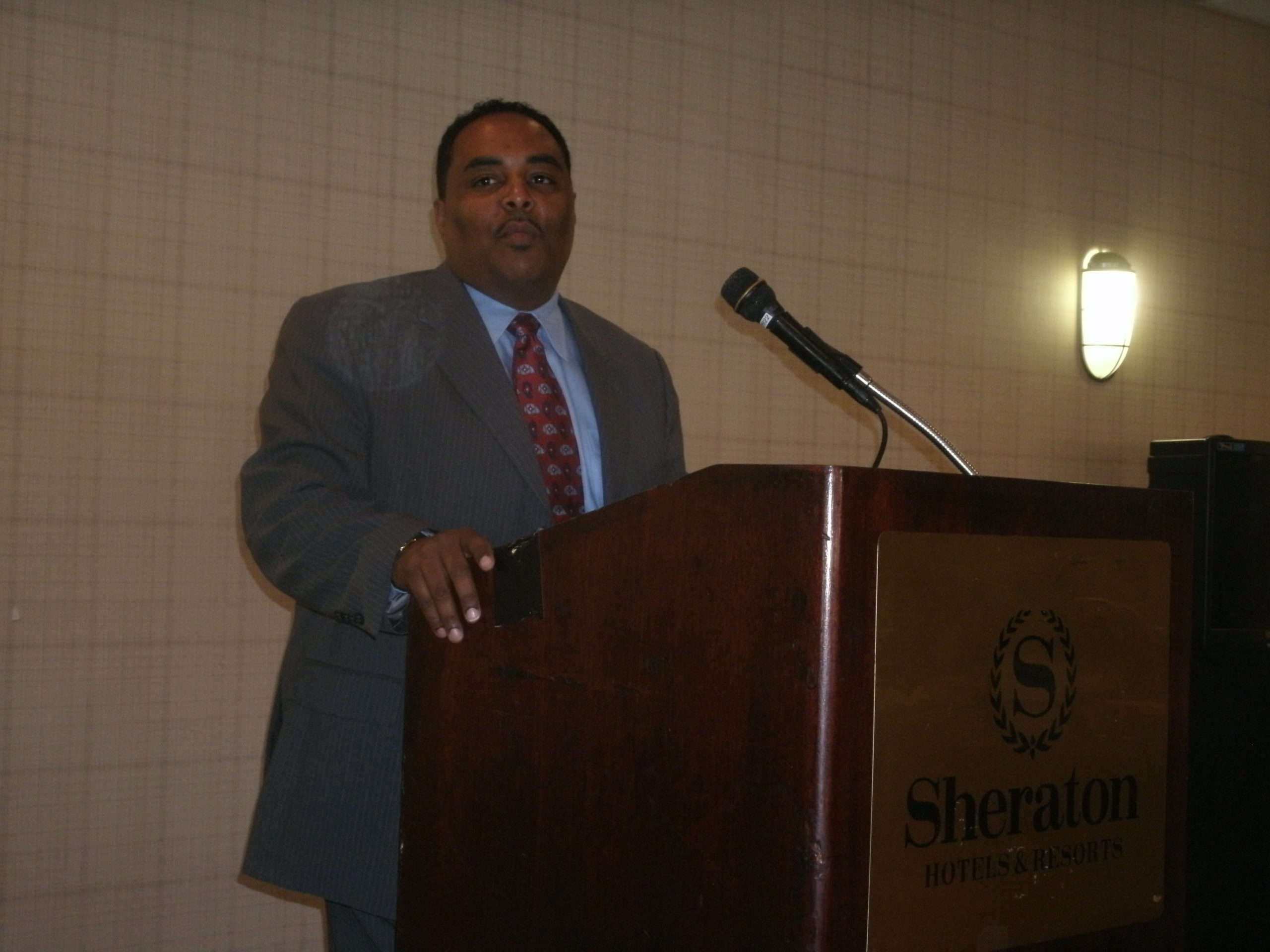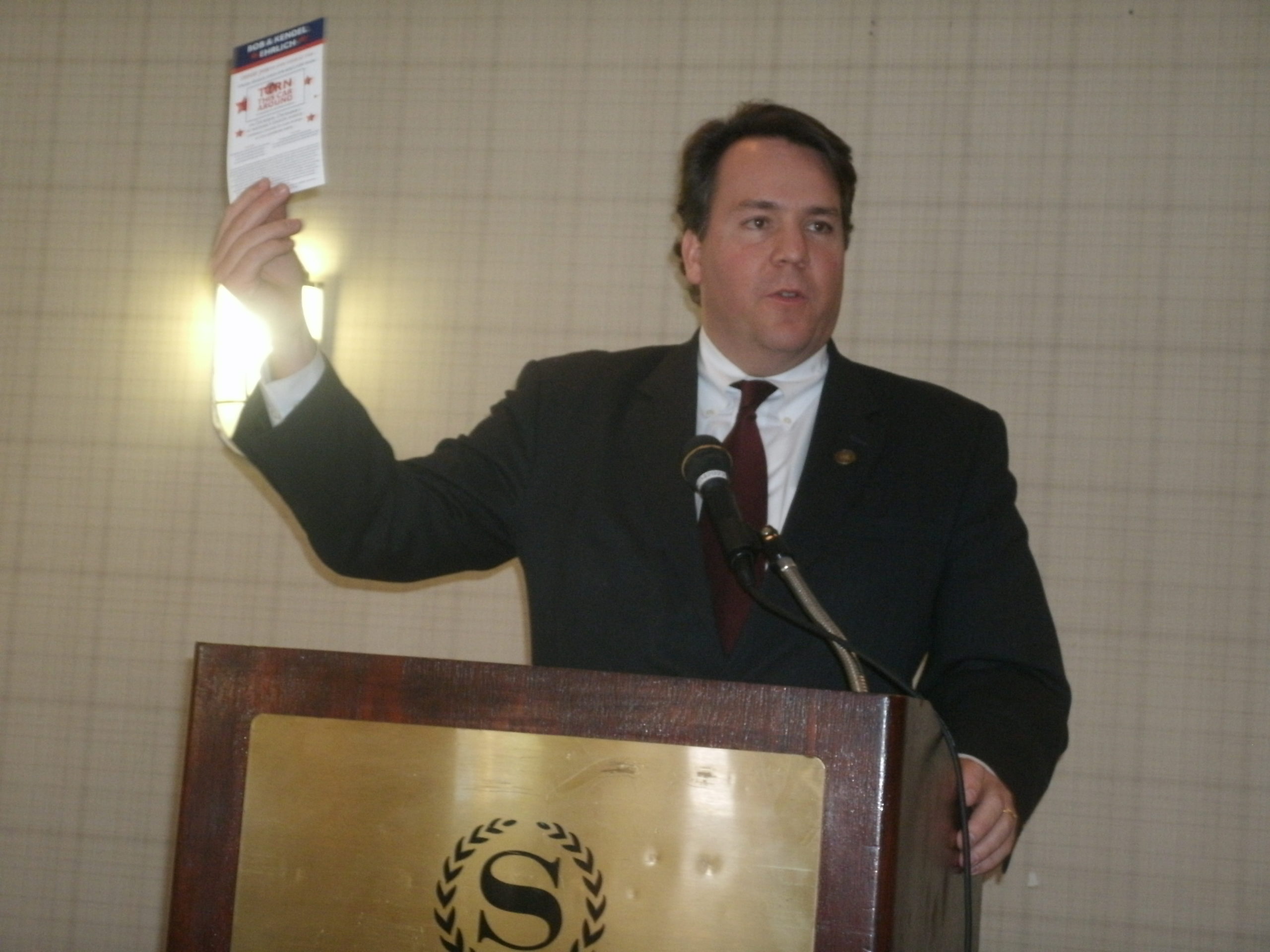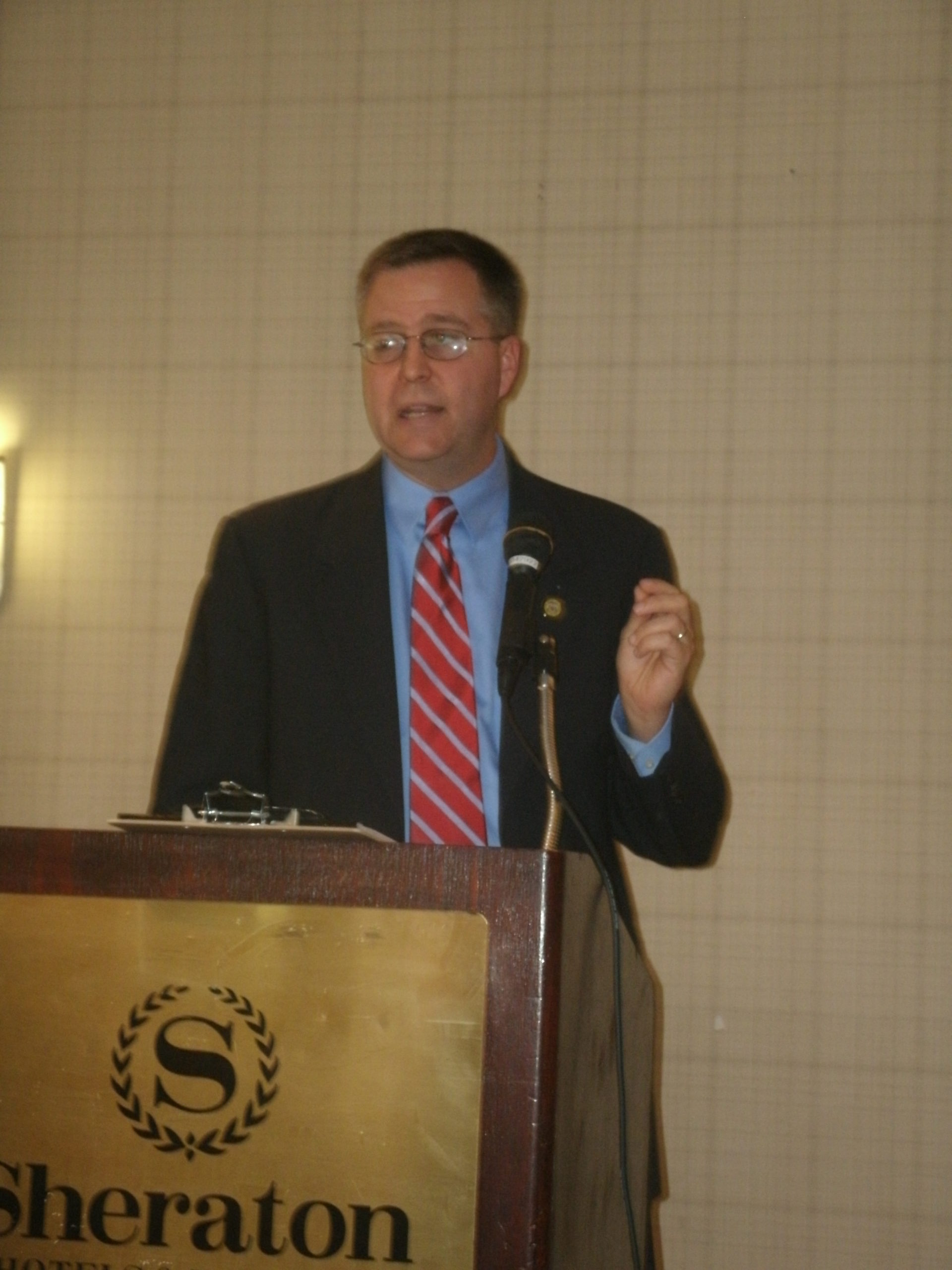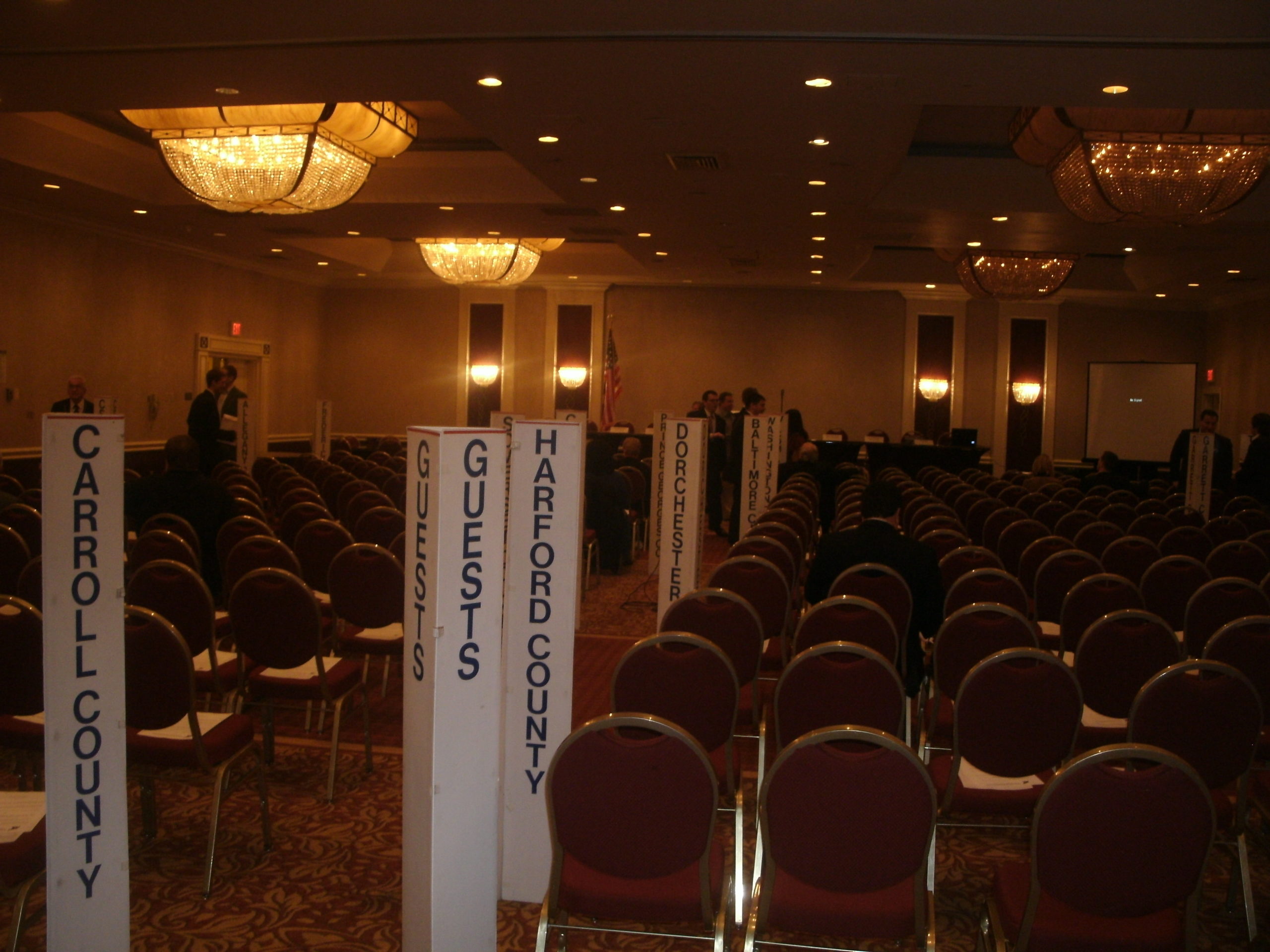Because they’re my ideological cousins – and have occasionally received my vote – I keep track of what the Libertarian parties of Delaware and Maryland are up to through social media. Every once in awhile I think about changing my registration over to their party, but like a bad case of the stomach flu that feeling passes rather quickly once I remember where they stand on issues like abortion and marriage. If they were inverse on economic and social issues they would probably be Kennedy-Humphrey Democrats of a bygone era.
That being said, though, I want to point out a couple things the current Delaware LP chair, Will McVay, noted on social media. Let’s set this up with a very descriptive opening set of paragraphs:
There’s a man. He’s a registered Libertarian. He was born in 1948, making him 73 or very close to it. I only know his name because I just now read it off of the voter file, but for the sake of his privacy we’ll call him DB. He’s been a registered Libertarian in the State of Delaware since 1972. Wikipedia only acknowledges our affiliate being founded in 1975 so this man registered Libertarian before Libertarian was even really a thing here. I do not know him from meetings. I do not know him from conventions. He’s voted in every general election going back to at least 2004, but we have never met.
I could ask some of the few people who have been involved here longer than even I have, and maybe one of them might recognize DB, but there are others just like him who registered Libertarian in 1976, 1978, 1979, and 1980. These people have been registered Libertarian in Delaware since before I lived in Delaware. Since before I was even born. They don’t come to county meetings though. They don’t come to conventions. They don’t come to bogus “special meetings” commanded by the LNC in violation of their bylaws and ours to involve themselves in the petty drama that seems to be the focus of far too much of our time lately.
They registered Libertarian 40 years ago or more, they protect our ballot access, and I’ll bet you they are consistently voting for us in elections when one of us is on the ballot.
But they have better things to do than to take two hours out of their month and 6 hours out of their year to involve themselves in the governance of our party and it is frankly an insult to expect them to.
Will McVay, Delaware Libertarian Party Chair, December 5, 2021.
Most of you know my background: I was active for over a decade in the Maryland Republican Party, and I’m sure we’ve had hundreds, maybe thousands, of DB’s in the GOP all around Maryland and Delaware. Having been a minority party in these states for decades, the long-timers sort of knew what they were getting into when they signed up, and so did I.
However, I was one of those who did take a few hours out of my month and an overnight trip twice a year to involve myself in the governance of our party, and I assure you the sausage-making was as gruesome as advertised as we argued around and around about bylaw changes that may have threatened someone’s fiefdom. (In my case, that was the Rule 11 controversy when Heather Olsen and I decided the state party should ask the rank-and-file before advantaging one candidate over another in a contested primary.) All those business meetings did little or nothing to elect Republicans, but the parties of the previous evening may have had a little benefit in creating the conditions for further collaboration. That and they were fun.
Having never experienced a Libertarian convention, I can’t comment on their sausage-making but it appears they have more than their share of controversy, particularly based on their election results. Don’t worry, though – I have a few Democrat friends in high places, too, and they suffer from the same malady. Maybe that’s why it’s only the few who sign up for the grief.
Anyway, there was one other passage from Will that I really wanted to hone in on because, frankly, I think it needs something of a rebuttal.
If we are truly a political party and not a social club, then the metrics of our success are not how many people show up to our meetings or how much engagement we can get on a social media post by provoking people to argue with some edgy hot take that alienates more people than it converts or energizes. The metrics of our success are people joining our party. People voting for our candidates. Of course we want people to get involved, volunteer, contribute, run, and do all the other things, but those self selected passionate few are not our customers, in the marketing sense. They are our employees and our investors. The people who don’t show up and do all of those things but still register with us and stick around voting for us for 40+ years are our customers. DB is our customer.
The “Patriots of (sic) Delaware” and before them the 9-12 groups and Tea Party groups also showed up and volunteered and did all the things. The result has been an absolute tanking of DEGOP vote totals since Christine O’Donnell knocked out Mike Castle in a primary and now the Republicans do not hold a single statewide office and can’t even block bills requiring a 2/3rds vote in the Delaware Senate. They have been catering to the people who show up instead of the people who don’t and it’s destroying them.
Will McVay, Delaware Libertarian Party Chair, December 5, 2021.
By this assumption, I am now a customer of the Constitution Party since that’s how I’m registered at the moment. For practical purposes, though, we’ll say I’m a Republican since my ballot (in contested races) only included the duopoly, a Libertarian, and a member of IPoD and in all but one of the cases last time I pulled the trigger for the GOP.
There are two main points I would like to make here. In a lot of cases, the TEA Party and 9/12 groups brought people who were political agnostics into the fray and pulled back those who had wandered away, disillusioned with the direction the country was going. (I think I have a sort of “showed up” idea on this one.) In fact (and this may be of interest to Will) the TEA Party started out with a heavy libertarian influence until they exited because its Venn diagram collided with Christian conservatives who saw the TEA Party as an extension of the Founders’ Judeo-Christian beliefs – and there were far more of them. That was the point where the TEA Party may have jumped the shark but certainly it was much more mainstream by then.
But anyway, those people who were the TEA Party and the 9/12 also became the volunteers for the GOP side, but all that meant in Delaware (and almost everywhere else) was that the battle was joined because for years the Democrats and Big Labor had all those things, plus plenty of money. Trust me, I lived that one too because Toledo is a heavy union town and I’ve been a Republican working a polling place, spending time with the union thugs, for much of my voting life. That was way before the TEA Party.
As for the second part of Will’s assertion, I think it’s something of a chicken-and-egg analogy. Certainly Mike Castle was one Republican who could win consistently in Delaware, but you have to go back decades to find a time when the parties were truly competitive. Based on voter registration totals, it can be argued that the O’Donnell-Castle primary may have turned off GOP voters because their share of the registration totals have since declined. But I found this is part of a long-term trend, and it was such an interesting study to me that I decided to cut this part here and make this thought piece a loosely organized two-part series rather than spend another thousand words on a post rapidly veering toward tl:dr territory.
Trust me, you’ll be glad I did.


